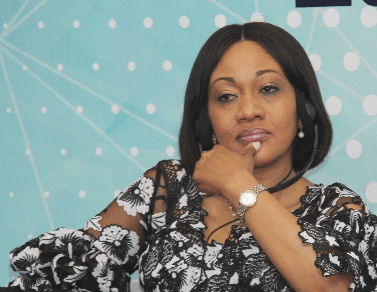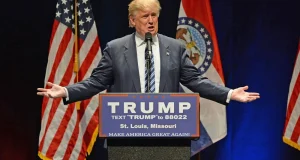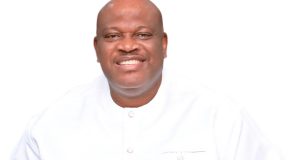
Regaining public trust is a difficult task for the Electoral Commission (EC), which is mandated to conduct free and fair elections. Prof. Baffour Agyeman-Duah thinks transparency is essential.
The former senior UN Governance Advisor discussed practical measures the EC may do to restore credibility and confidence in the wake of Afrobarometer’s shocking institutional mistrust results in an interview with PM Express on Tuesday.
His remarks come after the results of the Afrobarometer Survey, which show a concerning decline in popular confidence in the EC and a belief that the complaints of the opposition are not sufficiently taken care of.
The EC is now among Ghana’s least trusted state institutions, with 40 days to go before the 2024 elections.
The public’s impression of the EC as corrupt is growing, according to the most recent Afrobarometer poll.
Only 28% of respondents said they trusted the EC, despite the fact that the Commission is in charge of conducting the elections on December 7 in a fair, unbiased, and transparent way.
Compared to the 59% trust rating it had in 2012, this represents a substantial drop. Public confidence in the Commission was 33% in 2022, but it has since dropped to 28% this year.
Compared to the 59% trust rating it had in 2012, this represents a substantial drop. Public confidence in the Commission was 33% in 2022, but it has since dropped to 28% this year.
See also: “Perception, not process,” a governance expert advises the EC to respond to criticism
Recognising the challenge, Prof. Agyeman-Duah proposed, “Perhaps the Commission, with the few weeks left, can make it up in some way.”
Recent EC reforms, especially those that let regional centres to independently tally presidential ballots, were recognised by him as constructive steps.
“Anyone can watch from the regions and find out who won now that presidential ballots are counted at the regional level,” he said.
“Civil society, like CDD-Ghana, and the party monitors at the various centres, need to be there, especially now that we are counting at regional stations,” he clarified, highlighting the role of collective oversight in restoring public faith in the electoral outcomes.
He also emphasised the need for openness from polling stations to regional centres.
This is an important step to combat the idea of biassed tallying in certain “strongholds,” he said.
Prof. Agyeman-Duah urged political parties and civil society organisations to actively assist the EC’s monitoring efforts, which he believes are essential to upholding transparency.
“Just because I agree the EC needs assistance doesn’t mean we should fully support them in all they do.
Also read: Prof. Agyeman-Duah says that Akufo-Addo’s dismissal of Charlotte Osei damaged confidence in EC
He added, emphasising the importance of collaborative oversight in reviving public confidence in the election results: “Civil society, like CDD-Ghana, and the party monitors at the various centres, need to be there, especially now that we are counting at regional stations.”
Additionally, he stressed the importance of transparency between voting places and regional centres.
“You can predict the results even before the EC announces them if we all work together and do our share.”
Prof. Agyeman-Duah’s request stems from the conviction that restoring trust requires responsibility and transparency from the EC and its stakeholders.
 Naagyei 90.3 Fm Agyapa
Naagyei 90.3 Fm Agyapa





